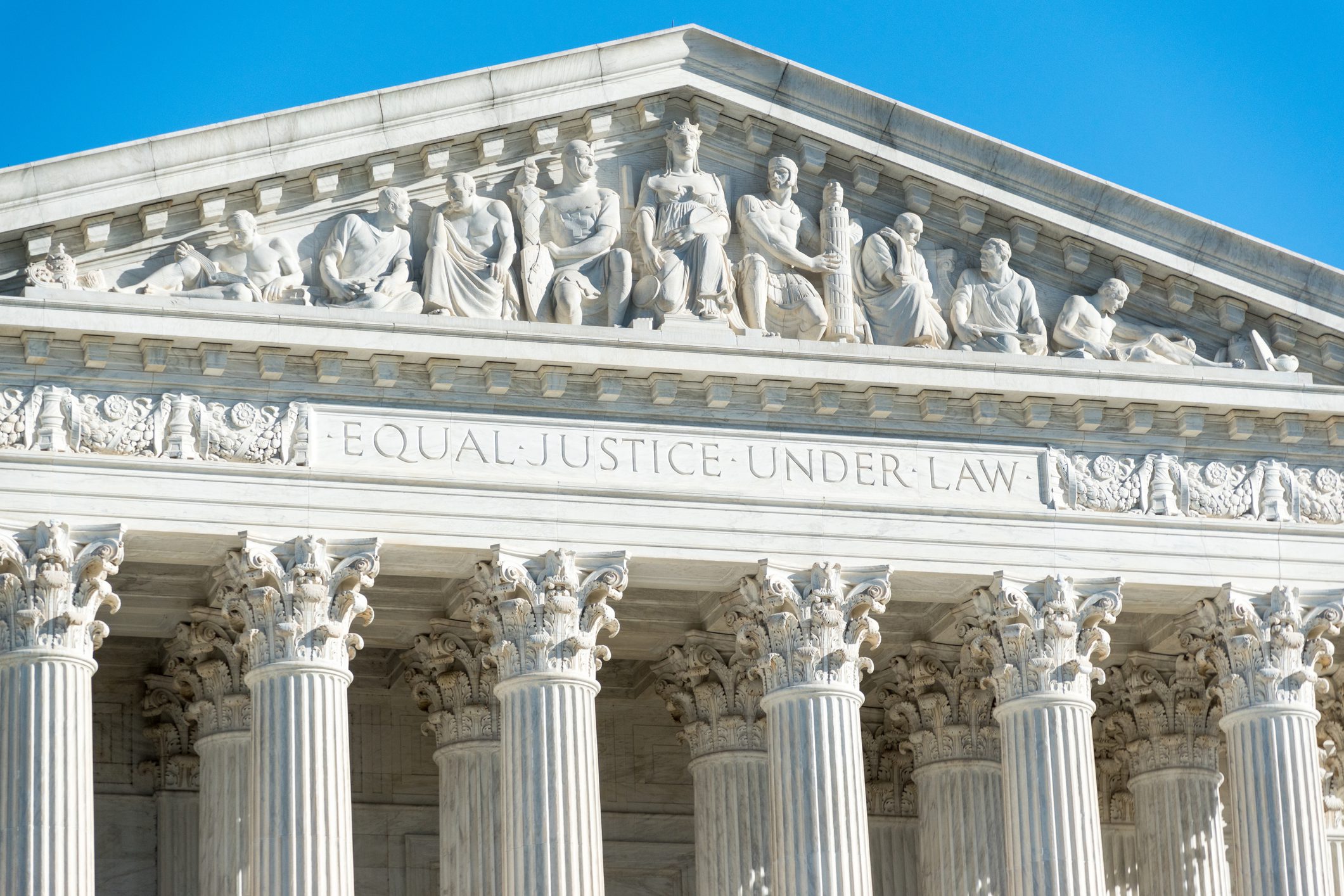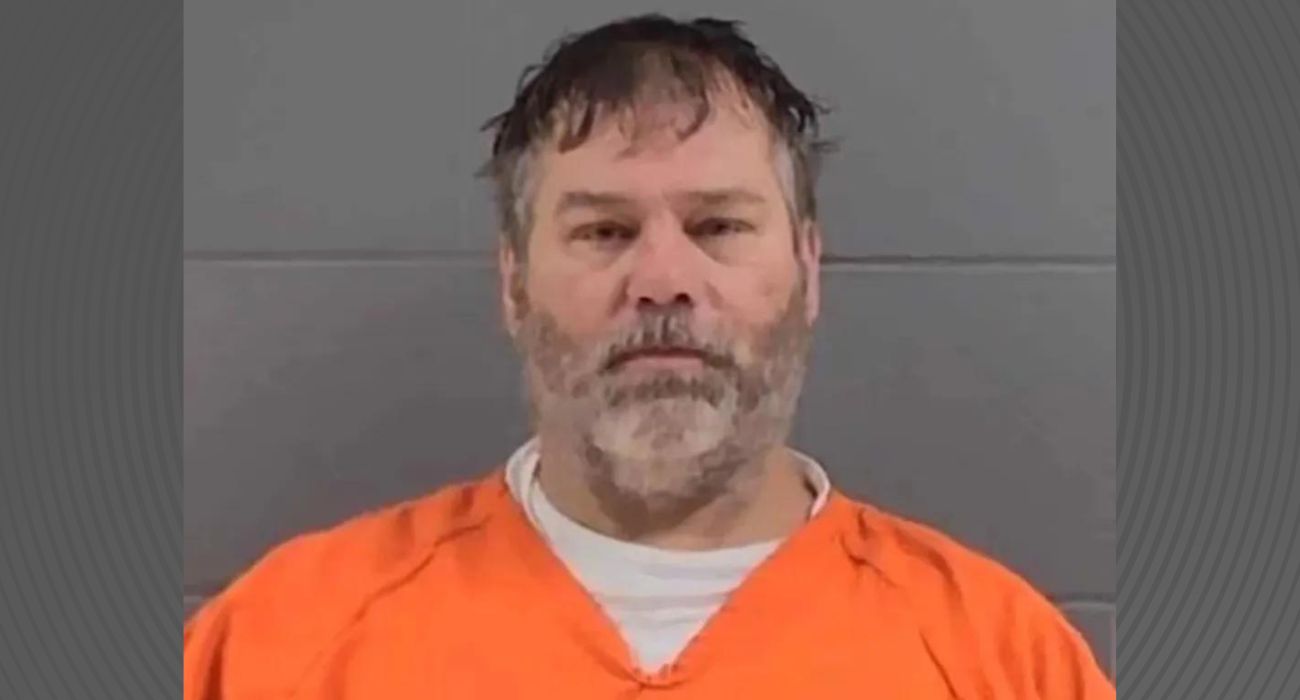On January 18, the U. S. Supreme Court denied a request by former President Donald Trump to prevent the release of documents from the Trump administration to a House select committee investigating the January 6, 2021 protest on the United States Capitol.
The former President stated last September that he intended to invoke executive privilege in the investigation into the events of January 6, declaring he would “fight the Subpoenas on Executive Privilege and other grounds, for the good of our Country,” per the Associated Press.
The Supreme Court denied his appeal to prevent the documents from being delivered to Congress on January 19, in an 8-1 decision.
The high court’s order cleared the way for the National Archives to hand over records to the House investigators related to the breach of the Capitol, and the documents were released.
“Because the Court of Appeals concluded that President Trump’s claims would have failed even if he were the incumbent, his status as a former President necessarily made no difference to the court’s decision,” the Supreme Court said in their ruling.
Ivanka Trump also received a letter from the House committee requesting her voluntary testimony. In the letter, the panel said witnesses had told investigators that the former White House adviser might have direct knowledge of her father’s actions before, during, and after protesters, many of whom were his supporters, tried to stop Congress from certifying Joe Biden as President.
According to Yahoo News, Trump’s lawyers attempted to withhold over 800 pages of information from the panel, citing executive privilege, which allows a president to withhold certain information from the public.
Over 750 pages of these documents, which are at the heart of Trump’s lawsuit against the National Archives and the select committee, are covered by executive privilege.
According to a filing from the National Archives, reams of records related to the events of January 6 were at issue in the legal battle between the former President and the House select committee, including presidential diaries, visitor logs, handwritten notes from then-White House chief of staff Mark Meadows, binders from then-White House press secretary Kayleigh McEnany, and a drafted executive order on election integrity.
While the law does state that former Presidents can invoke executive privilege, it also states that the current President can waive this privilege and allow access to records.
Biden rejected the former President’s claim of executive privilege over the documents sought by the panel, prompting Trump to file a lawsuit in October to prevent their release.
Trump’s appeal to the Court read, “The D.C. Circuit’s opinion endorsed the power of a congressional committee to broadly seek the records of a prior Presidential administration and, as long as the incumbent President agrees to waive executive privilege, gain unfettered access to confidential communications of that administration. This troubling ruling lacks any meaningful or objective limiting principle. In an increasingly partisan political climate, such records requests will become the norm regardless of what party is in power. Consequently, this Court’s review is critical.”
The Supreme Court stated in an unsigned opinion that “The questions of whether and under what circumstances a former president can get a court order barring disclosure of privileged records from his time in office, even if the incumbent president has decided to waive the privilege, are unprecedented and raise serious and substantial concerns. However, the Court of Appeals had no occasion to decide these questions because it analyzed and rejected President Trump’s privilege claims.”
“To be clear, to say that a former President can invoke the privilege for Presidential communications that occurred during his Presidency does not mean that the privilege is absolute or cannot be overcome,” Justice Brent Kavanaugh wrote.






